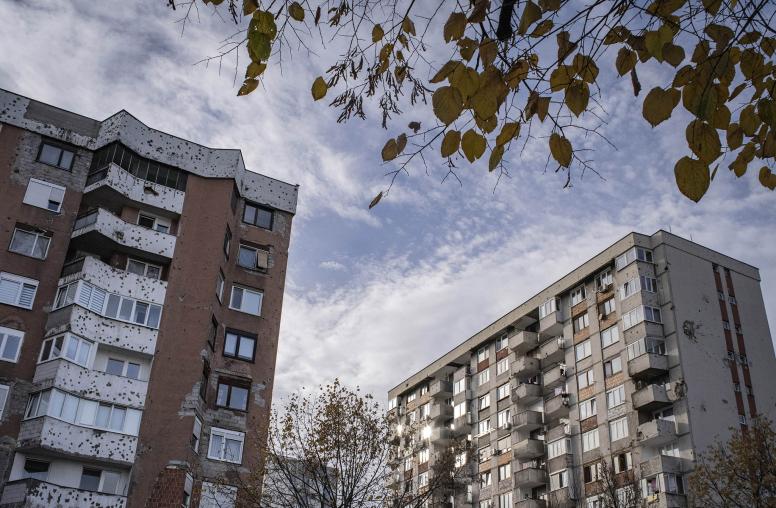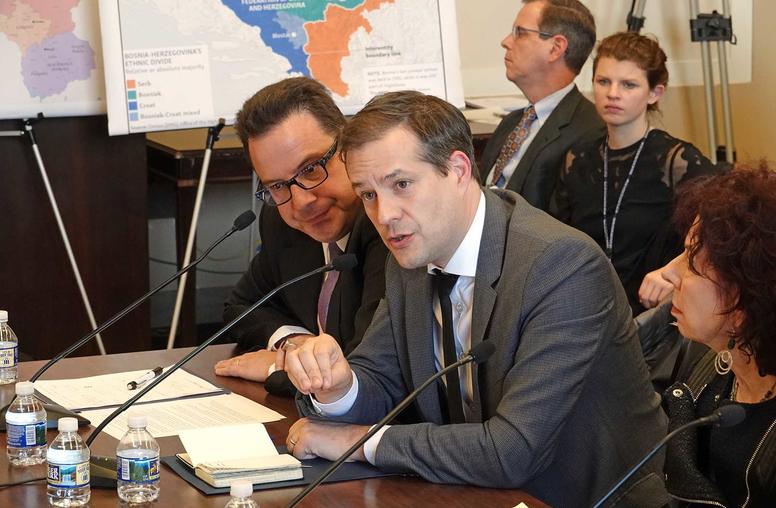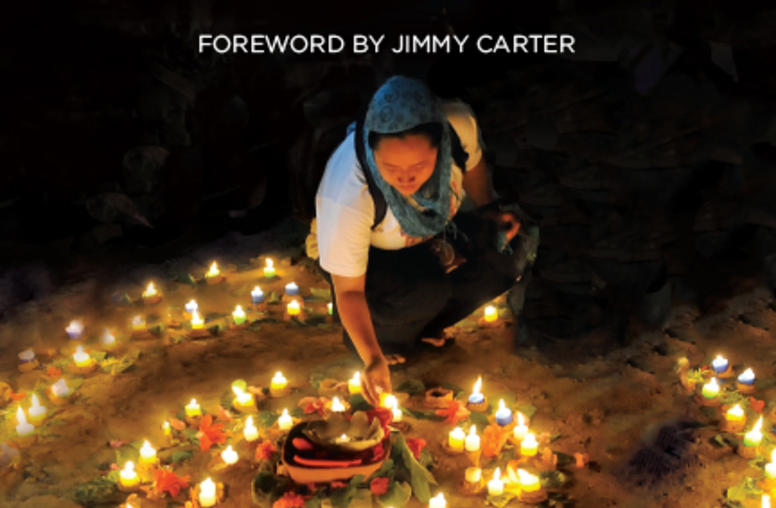Can Faith-Based NGOs Advance Interfaith Reconciliation? The Case of Bosnia and Herzegovina

Summary
- Reconciliation can be an immense challenge in the pursuit of sustainable peace.
- Progress toward postconflict reconciliation is being made in Bosnia and Herzegovina, as evidenced by some previously unthinkable recent events.
- Some early initiatives toward promoting interfaith reconciliation undertaken by international actors were not well conceived and proved counterproductive.
- The range of initiatives undertaken by faith-based NGOs in Bosnia and Herzegovina has evolved over time. Taken together, their activities suggest that reconciliation may be furthered both directly and obliquely through projects as varied as soup kitchens, joint public statements, school councils, and choirs. While many faith-based NGOs can provide a record of people fed, houses rebuilt, or students enrolled, these are not their sole accomplishments. Many have also contributed to the long-term endeavor of building relationships that are critical to postconflict reconciliation.
- In a postconflict situation, it is important but not sufficient to feed, house, and clothe. International assistance, including assistance from faith-based NGOs, should also try to help people overcome the conflict that created the problem in the first place. When faith-based NGOs have focused on that need, they have often been successful. The work requires an intense commitment over a period of years and demands engagement and community spirit more than it does money and expertise. The people of faith who are likely to make such a commitment need encouragement and support.
About the Report
The Religion and Peacemaking Program of the U.S. Institute of Peace concluded that it would be valuable to explore the extent to which faith-based nongovernmental organizations (NGOs) can advance reconciliation in situations of ethnoreligious conflict. Bosnia and Herzegovina provides a ready-made laboratory for this research, given the nature of the conflict and the substantial involvement of faith-based NGOs there.
The initiative contracted with Branka Peuraca, then a graduate student at Tufts University's Fletcher School of Law and Diplomacy, and currently an independent consultant, to undertake this research, which involved interviews (conducted in August 2001 and from June to October 2002) with local and international staff members of numerous faith-based groups in six cities and towns in Bosnia and Herzegovina: Sarajevo, Banja Luka, Gornji Vakuf, Konjic, Tuzla, and Prijedor. The research also drew on materials of the Imagine Coexistence project, including ninety-six interviews with members of organizations active in reconstruction and reconciliation, conducted by the Fletcher School of Law and Diplomacy and the Office of the United Nations High Commissioner for Refugees. This report was written by Peuraca and presents her findings. The report has benefited from substantial editorial assistance provided by Anne-Marie Smith.
The views expressed in this report do not necessarily reflect views of the United States Institute of Peace, which does not advocate specific policies.



